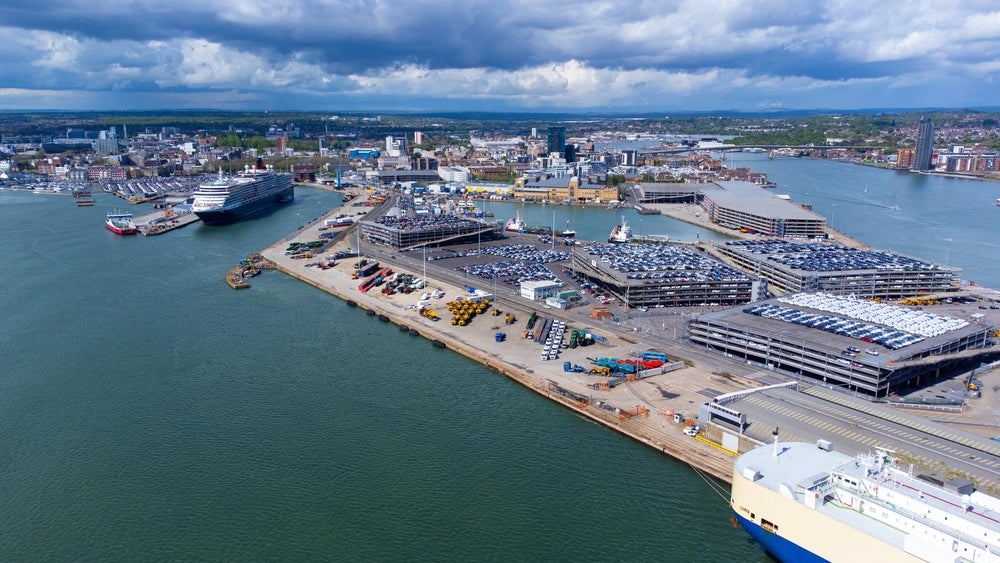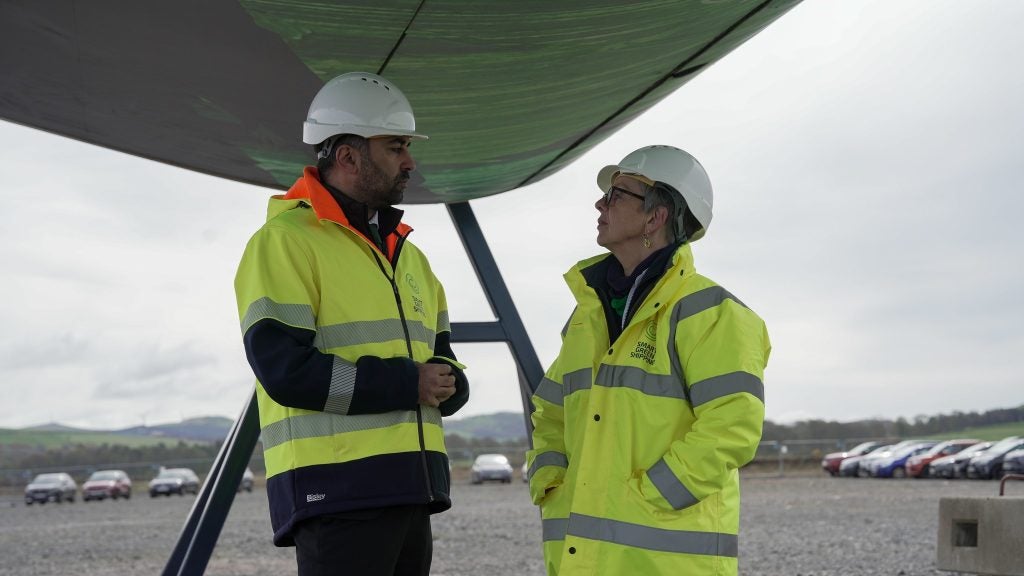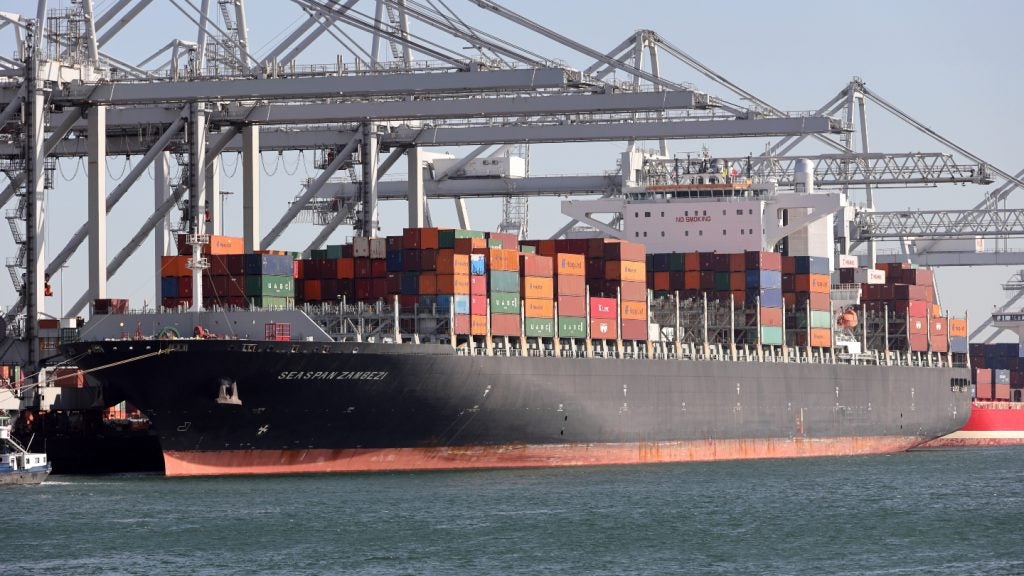
The UK’s Department for Environment, Food and Rural Affairs, the Department for Transport, the Foreign, Commonwealth and Development Office, the Home Office and the Ministry of Defence have identified five strategic objectives to meet as part of a new maritime security strategy.
The strategy, released on 15 August, includes protecting homeland, responding to threats, ensuring prosperity, championing values and maintain a resilient ocean as key targets.
Sarah Treseder, UK Chamber of Shipping CEO, in a 15 August statement, said: “A proactive maritime security strategy is essential to keeping trade routes and energy supplies secure, especially for an island nation.
“Today’s welcome commitments to improve collaboration, both with industry and governments across the world, will help deliver a more secure maritime environment and help provide confidence to the shipping community.”
A prosperous maritime industry
Ensuring prosperity in the industry will focus on the security of international shipping and protecting the transmission of goods, information and energy. In addition, the maritime environment will be protected against security threats and regulation breaches to ensure it remains clean and safe.
See Also:
In order to achieve these aims, the UK Government will work towards using maritime security approaches that include environmental regulations.
How well do you really know your competitors?
Access the most comprehensive Company Profiles on the market, powered by GlobalData. Save hours of research. Gain competitive edge.

Thank you!
Your download email will arrive shortly
Not ready to buy yet? Download a free sample
We are confident about the unique quality of our Company Profiles. However, we want you to make the most beneficial decision for your business, so we offer a free sample that you can download by submitting the below form
By GlobalDataThere are various challenges facing the maritime industry, including climate change and environmental crimes. By protecting the environment, global instability is less likely and developing countries are secure.
According to the National Strategy for Maritime Security published this month, fisheries, aquaculture, and marine and coastal tourism contribute to 71% of employment in the global ocean economy.
Many rely on the cleanliness and safety of the marine environment and their livelihoods could be impacted by overexploitation at sea, climate change and pollution. Organised crime groups who engage in illegal fishing or dumping waste contribute to this damage.
Others may take advantage of rising sea levels, creating uncertainty relating to Exclusive Economic Zones established by the 1982 United Nations Convention on the Law of the Sea (UNCLOS), by exploiting biological and mineral resources.
Another part of the plan of action established by the UK Government addresses the aim of protecting 30% of the global ocean by 2030.
Plan of action
The report includes plans to pursue UN negotiations regarding a new legally binding agreement under UNCLOS relating to the sustainable use of marine biological diversity of areas beyond national jurisdiction. Such agreements can establish marine protected areas in areas beyond national jurisdiction.
In order to help developing countries with sustainable management of marine resources, the UK Government will use its £500m Blue Planet Fund. It is expected that this will also be used to challenge illegal, unreported and unregulated fishing.
The UK Government notes that pollution incidents can destabilise countries and security resources needed to support the incident could be diverted as a result. It is expected that the UK will establish a cross-departmental working group relating to international pollution incidents.
In addition, the UK is expected to invest in science and data to improve the security of the maritime environment.
Tim Edmunds, co-director of the SafeSeas Network, said: “The new National Strategy for Maritime Security comes at a critical time for the UK maritime sector.
“Maritime security is key to delivering the UK’s ambitions in foreign, security and defence policy, as well as for blue economic growth and environmental sustainability.”







